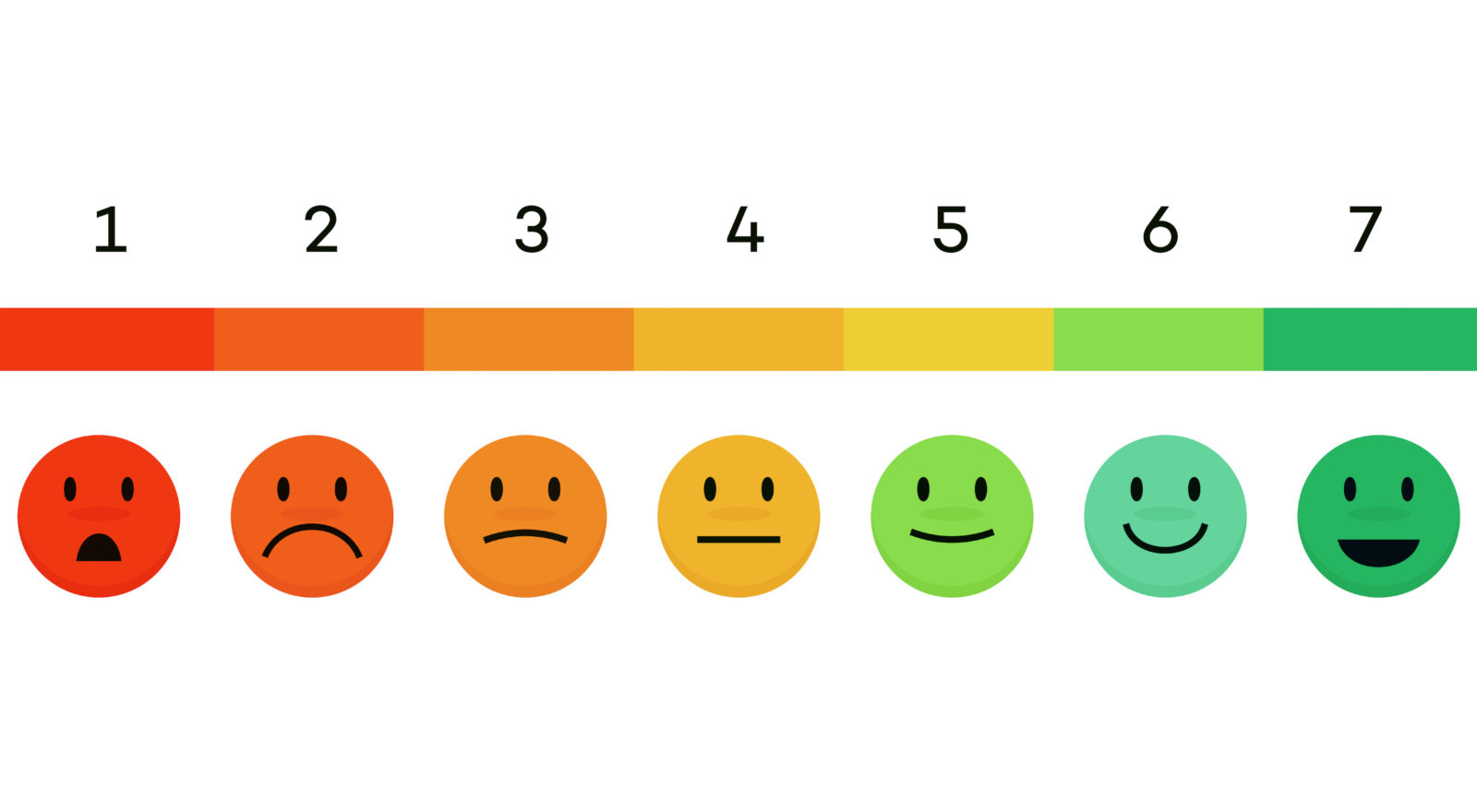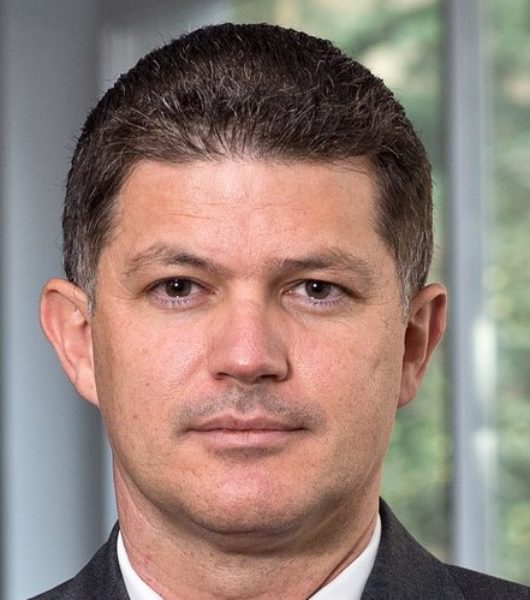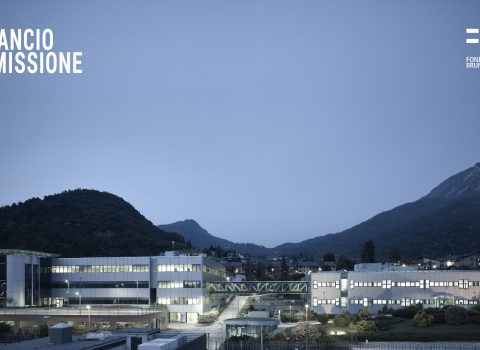Interview with Mirco Tonin, FBK IRVAPP’s new Director
Strengthening the culture of public policy evaluation is important. Only by paying attention to mistakes we can learn and also aim to improve our ability to understand reality in order to have a greater impact on society
- Prof. Mirco Tonin, you are Professor of Economic Policy at the School of Economics of the Free University of Bozen-Bolzano and since the beginning of this year you have been Director of Fondazione Bruno Kessler’s Institute for Evaluative Research on Public Policies (FBK-IRVAPP). Your new position can represent an opportunity to intensify the exchange of knowledge in the socio-economic field between the two autonomous provinces, how did you articulate your proposal?
MT: Trento has many points of contact with Bolzano as well as similarities from an institutional and socio-economic point of view. Expertise gained in one context can also be used in the other. Furthermore, research and analysis is by its nature collaborative and this implies that research institutions should seek the widest possible cooperation. One of my goals is to build synergies on research projects in which to involve colleagues and PhD students from all the research institutions in the local area. Finally, I think it is important to expand IRVAPP’s original mission, expanding its scope outside Trentino and the scope of research beyond the classic topics, yet central, which of income dynamics or educational policies. For this to happen, it is essential to increase the culture of public policy evaluation.
- Do you think our region lacks this kind of culture?
MT: Trento and Bolzano enjoy broad autonomy, which allows us to experiment more than other territories. This makes sense if socio-economic policies are adapted to changing contexts, based on results. For this reason, in my opinion, it would be useful to strengthen, not only here but everywhere, the culture of evaluation, including at the level of public opinion. It is important, for example, to understand that evaluating a policy and showing that it has not achieved its goals is not an indicator of the inability of the decision-maker, but an essential part of the learning process. Failure, therefore, is not only possible, but sometimes even healthy, since reality often proves to be more complex than our capacity for interpretation.
- What will your first 100 days at the helm of IRVAPP be devoted to?
MT: First and foremost, to familiarizing myself with the structure and my colleagues. There are very knowledgeable people at IRVAPP who are able to analyze policy rigorously. In a fragmented and changing social context such as that of today’s society, even here in Trentino Alto Adige, the need for this type of activity is huge. What is needed is a continuous updating of the tools and research support for the public sector.Whereas in the past an experienced civil servant could, on the basis of this, estimate certain dynamics quite correctly and propose valid recipes, this is now becoming much more difficult because society is changing at a much faster pace than it was a few decades ago. My task is to turn this potential into concrete action.
- What role will interdisciplinarity play across the scientific research landscape at FBK?
MT: I am thinking of the socio-economic impact assessment of technologies. FBK is very structured in the field of science and engineering. I would like to increase collaboration with these disciplines because there is a need to carefully assess the impact of technological innovation on society and the economy so that we can take full advantage of it. To give a topical example, the COVID vaccine was a great pharmacological success; however, it was not immediately accepted by a minority but not negligible portion of society, reducing its efficacy. In order to govern innovation, we need to understand the socio-economic context.


